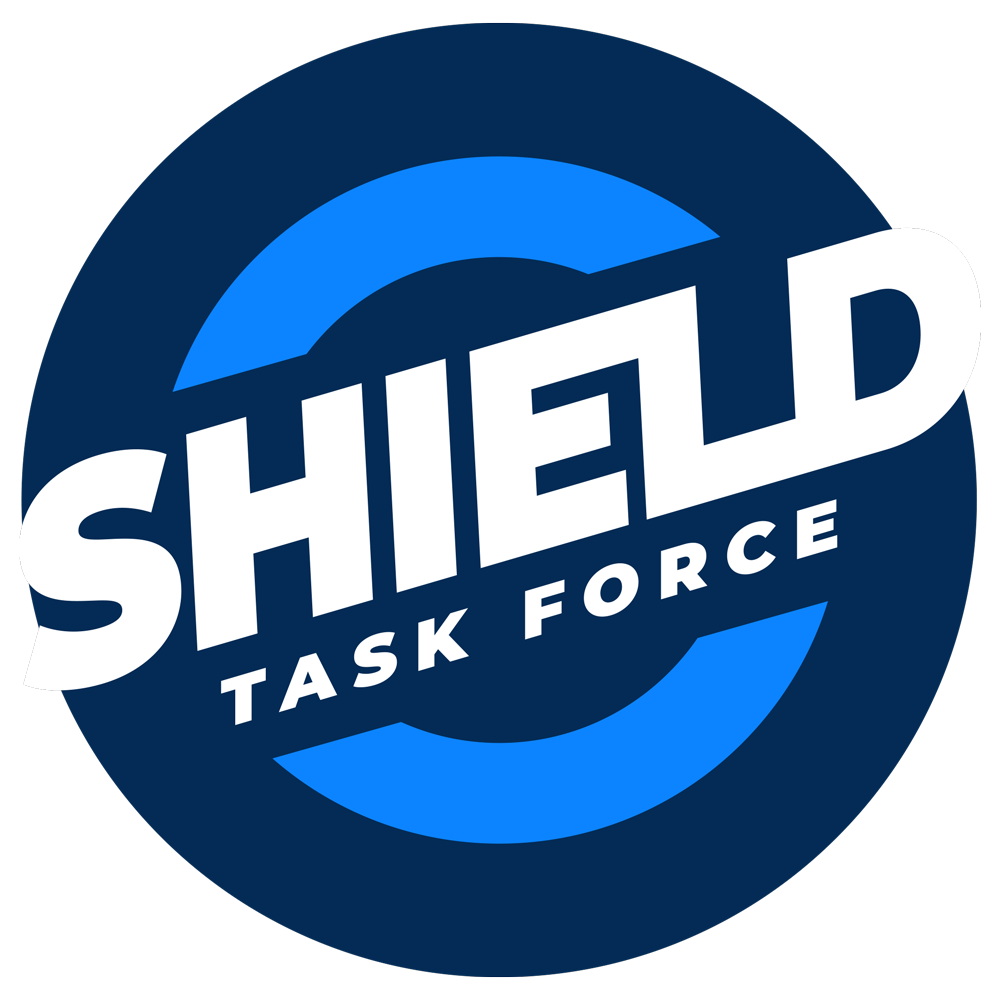
Resources for
Parents.
Protecting Your Kids From Abuse
The first step toward protecting your kids from abuse is educating yourself. Parents will find many of the articles, videos, and websites listed under Resources for Churches and Resources for Teachers helpful.
Additionally, the web is full of resources geared specifically toward parents:
Parenting Tips (series of articles by Prevent Child Abuse America)
Stop It Now! (website with a variety of resources, including webinars, resource guides, an advice column, and an online help center)
“Ten Ways to Help Prevent Child Abuse” (article by Prevent Child Abuse America)
“5 Steps to Protecting Our Children” (series of articles by Darkness to Light)
“Step Up and Speak Out: A Parent’s Guide to Selecting Youth-Serving Organizations” (guide by Darkness to Light)
“How Can I Protect My Child From Sexual Assault?” (article by RAINN)
“How to Protect Your Child From a Predator: Recognizing the Warning Signs” (article by Jessica Snyder Sachs and Melissa Bykofsky for Parents)
Predators (a book by Anna Salter)
The second step to protecting your kids from abuse is to educate and empower them. This means talking to your kids about body safety, online safety, grooming tactics, and other important topics. For more information about what to say, check out these helpful resources:
“Talking to Your Kids About Digital Safety” (guide from Darkness to Light)
“10 Ways to Teach Your Kids the Skills to Prevent Sexual Abuse” (article by Child Mind Institute)
“How to Talk to Young Children About Body Safety” (article by Kids First Inc.)
For book recommendations, check out the lists provided by American Society for the Positive Care of Children (SPCC), A Mighty Girl, and the National Children’s Advocacy Center.
For Foster and Adoptive Parents
Because foster children (and often, by extension, adopted children) have typically been through some type of childhood trauma, it’s important for foster and adoptive parents to be trauma-informed. The following resources offer insight into loving and parenting trauma-affected children:
Nurturing Adoptions: Creating Resilience after Neglect and Trauma (book by Deborah D. Gray)
The Whole-Brain Child: 12 Revolutionary Strategies to Nurture Your Child’s Developing Mind (book by Daniel J. Siegel and Tina Payne Bryson)
The Connected Child: Bring Hope and Healing to Your Adoptive Family (book by Karyn B. Purvis, David R. Cross, and Wendy Lyons Sunshine)
Articles and videos about the Trauma-Based Relational Intervention (TRBI) model developed by the Karyn Purvis Institute of Child Development
One Big Happy Home (blog by Ryan and Kayla North)
Empowered Parent (podcast by One Big Happy Home)
The Whole House (podcast and blog by SHIELD’s Kathleen Guire that often covers topics related to adoption and foster care)
Empowered to Connect (training for foster and adoptive parents; local ETC training is available through Kathleen and Jerry Guire)
How Childhood Trauma Affects Health Across the Lifetime” (TED Talk by Nadine Burke Harris)
“Complex Trauma: Understanding and Treatment” (lecture by Dr. Diane Langberg)
“Child Advocacy Studies: Incorporating ACE Into Undergraduate and Graduate Programs” (presentation by Victor Veith)
“Like a Footprint in Wet Cement: Understanding Adverse Childhood Experience Research” (webinar by Victor Veith)
National Helplines
Below are some helplines available for victims and people in crisis, organized by topic. Church pastors, volunteers, leaders, and members may need to call these hotlines themselves or pass them along to others in need of help.
Alcohol and Drugs
Substance Abuse & Mental Health Services Administration: 800-662-4357
Child Abuse
Childhelp: 800-4-A-CHILD (800-422-4453)
Child Sexual Abuse
Darkness to Light: 866-FOR-LIGHT (866-367-5444)
Child Welfare
Child Welfare Information Gateway: 800-394-3366 or live chat on website
Crime Victims
Crime Connect Hotline: 855-4-VICTIM (855-484-2846)
Crisis (Any Kind)
Crisis Text Line: Text “LISTEN” to 741-741
Domestic Violence
National Domestic Violence Hotline: 800−799−7233
Human Trafficking
National Human Trafficking Hotline: 888-373-7888 or text “Be Free” to 233733
Missing or Abducted Children
Child Find of America 800-I-AM-LOST (800-426-5678)
National Center for Missing and Exploited Children: 800-THE-LOST (800-843-5678)
Parents
National Parent Helpline: 855-4-A-PARENT (855-427-2736)
Poison
National Capital Poison Control Center: 800-222-1222
Pregnancy
American Pregnancy Helpline: 866-942-6466
Option Line: 800-712-HELP or text “HELPLINE” to 313131
Crisis Pregnancy Helpline: 800-672-2296
National Life Center: 800-848-LOVE
Runaways
National Runaway Safeline: 800-786-2929
Sexual Assault
National Sexual Assault Hotline: 800-656-HOPE (800-656-4673)
Suicide
Suicide Prevention Lifeline: 800-273-TALK (800-273-8255)
Local Resources
Prevent Suicide WV: 304-415-5787
WV Child Abuse Hotline: 800-352-6513
WV Child Advocacy Network (WVCAN)
WV Coalition Against Domestic Violence
WV Crime Victim Compensation Fund: 304-347-4850
WV Foundation for Rape and Information Services (WVFRIS)
State Coordinator: 304-366-9500
WV Handle With Care Apps
For a comprehensive list of local, state, and federal resources, check out the web and mobile apps available from the West Virginia Center for Children’s Justice. These apps provide instant access to telephone numbers and resources available in West Virginia for anyone working or living a case of abuse.


